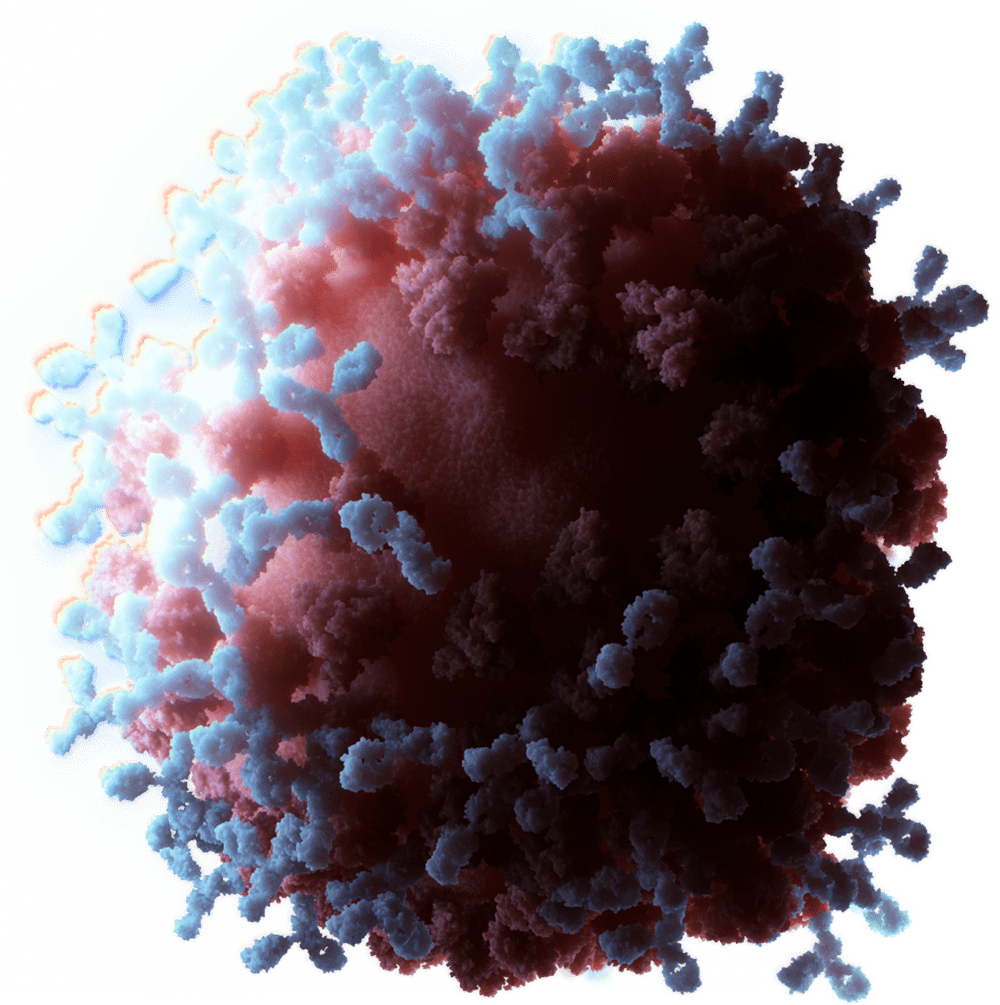 |
Lawrence A. Loeb
Professor of Biochemistry
Professor of Pathology
|
Research
The major focus of our research is the relationship between mutations and human cancer. We wish to identify the sources of spontaneous mutations in normal cells and whether there is an exponential increase in mutations during the growth of human cancers. Do cancer cells display a mutator phenotype and is this phenotype the basis for the progressive ability of tumors to divide where they ought not, to invade and to metastasize? Our current research efforts are in:
Fidelity of DNA Replication: We are continuing to measure the mechanism(s) by which DNA polymerases can copy DNA with phenomenally high accuracy, approaching one error in every 10^7 nucleotides polymerized. Our approach is to copy biologically active DNA in vitro and then analyze the frequency and types of mutations generated after transfection of the copied DNA into cells. An analysis of mutations produced by polymerases is key to evaluating the contribution of errors in DNA replication to spontaneous mutations. Our goal is to reconstruct a human DNA replication system that accurately copies DNA, and then ask whether and how this system is defective in cancer cells.
HIV Reverse Transcriptase: We have extended the study on DNA polymerization to the reverse transcriptase in the AIDS virus and to yeast. The exceptionally high error rate of HIV reverse transcriptase in copying both RNA and DNA templates suggests that this enzyme is responsible for the hypervariability of the AIDS virus and provides a basis for the design of antiviral nucleosides. The mutant DNA polymerases in yeast provide a tractable eucaryotic system to categorize the function of different DNA polymerases in cellular metabolism.
Oxygen Free Radicals: An important source of DNA damage is oxygen free radicals generated in cells by normal metabolic processes. We have designed genetic assays to measure the types of mutations caused by these reactive molecules. We have evidence for unique mutations produced by oxygen free radicals, and these could serve as fingerprints to assess the contribution of oxygen radicals to spontaneous mutations and to mutations in cancers.
Applied Molecular Evolution: We have developed methods to construct vast populations of oligonucleotides containing random sequences and insert them into plasmids. After transfecting these plasmids into bacteria, we have used genetic selection to obtain new active sequences that code for promoters and enzymes that are not present in nature. These experiments are based on the theoretical concept that among random sequences of amino acids there are rare species that can code for active and interesting molecules. We have obtained more than 3000 new herpes simplex virus thymidine kinase mutants as candidate enzymes for gene therapy in cancer. Other, ongoing studies using this technology, include DNA polymerase, reverse transcriptase and enzymes involved in DNA repair.
Publications:
